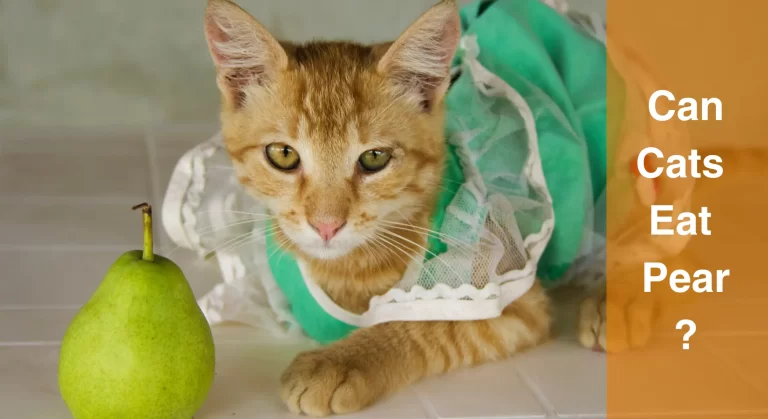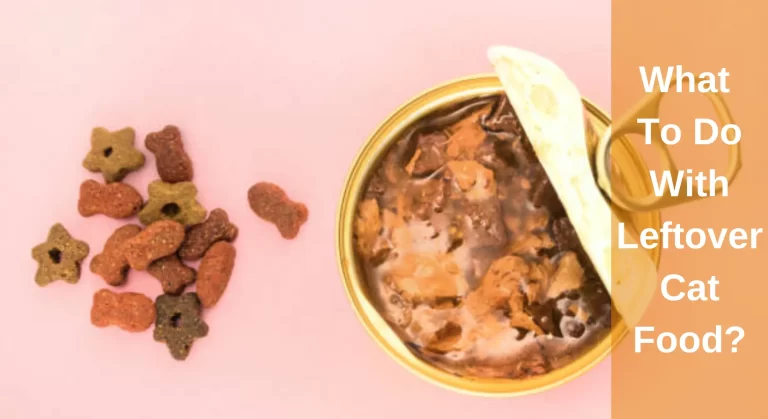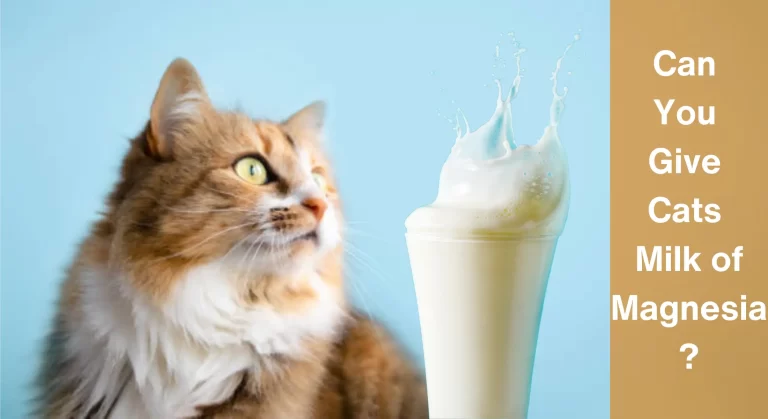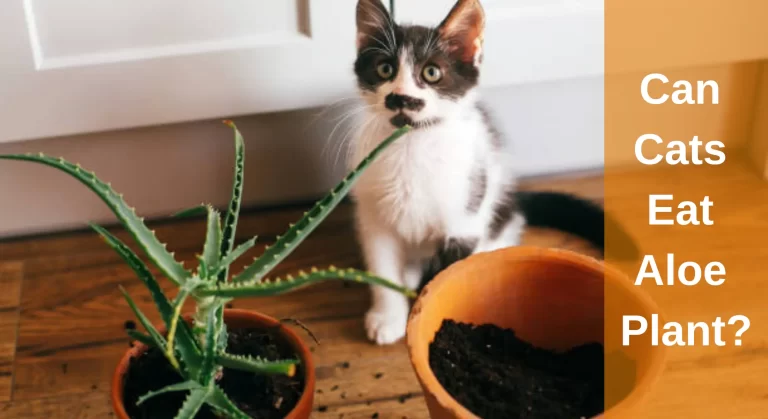Are Zinnias Toxic To Cats? What You Need To Know
The sunflower family includes the genus Zinnia, which is a plant that blooms throughout the year. Mexico and Central America are their native home, but they have made their way into many other countries as well. Every year, zinnias produce vibrant, colourful flowers that are becoming more and more popular.
There are many beautiful flowers out there, but not every one of them is safe for cats. So, are zinnias toxic to cats?
Zinnias are not toxic to cats. The ASPCA states that zinnia plants are not poisonous to cats. The cat owner will be happy to know that, although you should still avoid letting your cat get too close to your zinnias.
Zinnias are a great addition to your collection of effective annual flowers, and you can relax knowing that your dogs won’t get sick too. If you’ve only ever grown the mildew-prone conventional varieties, give the ‘Zahara’ series of zinnias a try; they offer months of disease-free colour on compact plants.
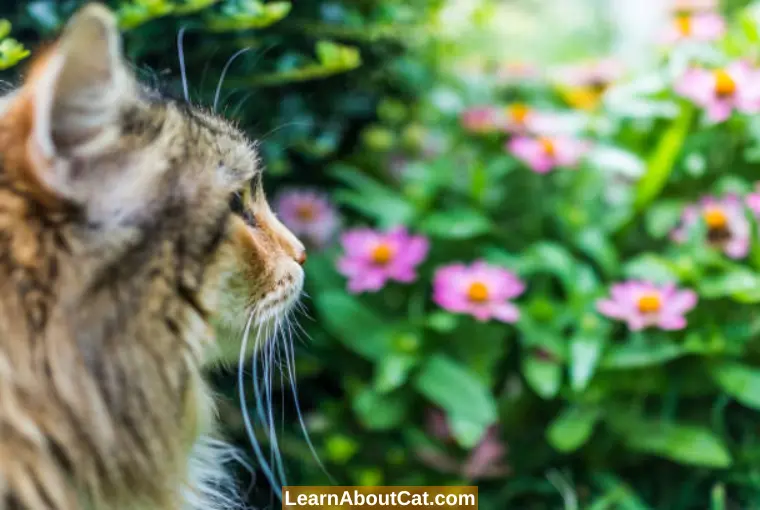
What Are Zinnias?
Zinnias are annual shrubs and subshrubs, with a few species being endemic to South America. Zinnias come in wide varieties, but all have brightly coloured petals that are either single or double in shape.
Most species have upright stems, while some can spread their branches to heap on the ground’s surface. They often stand 40 to 100 centimetres (4 to 40 inches) tall. The opposite, often stalkless (sessile), linear to oval, light to medium green, and various leaf forms, are leaves. Zinnias can come in multiple colours: white, chartreuse, yellow, orange, red, purple, and violet.
Their petals can have numerous rows with a concealed centre, one row with a visible centre (as in the case of single-flowered zinnias), or petals in the middle with several rows and visual centres (Semi double-flowered Zinnia).
In addition to being beautiful, they are safe for cats, so you can plant them in your garden.
Are Zinnias Poisonous to cats?
No, zinnias aren’t harmful to felines, according to ASPCA. The entire plant, flower, stem, leaves, seeds, and flowers are all safe for cats to eat. So don’t worry if your cat nibbles a zinnia. Homeowners commonly select zinnias for their landscaping and gardens because they thrive in warmer climates.
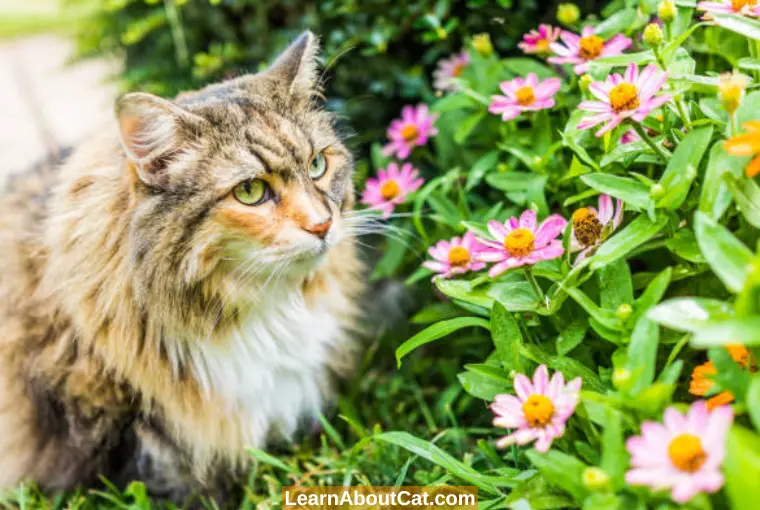
When you are around flowers with your cat, supervise your cat to keep them safe. Some cats are often allergic to certain plants or have sensitive stomachs, and eating them can upset their stomachs.
Cats may chew on zinnias, but you can discourage them by giving them a catnip toy or another item to chew on.
Check Out: Are Roses Poisonous to Cats?
What Should I Do If My Cat Eats Zinnias?
Although zinnias are not considered one of the toxic plants, caution should still be exercised since some adverse reactions (gastrointestinal discomfort) can occur depending on the amount of food taken and the cat’s health, age, and immune system state when they are eaten in high quantities.

To ensure that your cherished cat is appropriately evaluated and treated, it’s a good idea to call an animal poison control centre, speak with your veterinarian, or visit a veterinary emergency hospital.
How Do I Handle a Cat That Eats Zinnias?
If your cat consumed zinnias, visit the vet immediately away. When it comes to cats and hazardous plants coexisting, prevention is always the best course of action.
The course of action for your cat will depend on how it reacts to eating zinnias. It will be harder for cats with renal problems to eliminate zinnia poisons. This may exacerbate the illness and require a new treatment plan.
The veterinarian’s primary treatment objective will be to minimise poisoning symptoms. Cats who often vomit need intravenous therapy to maintain a steady electrolyte and water level.
Can Cats Get Sick From Overeating Zinnia?
By consuming excessive amounts of the Zinnia plant, cats, humans, dogs, and many livestock animals may suffer harm; however, it is unlikely that they will die.
Depending on the size and age of the humans or animals, different amounts will be deemed excessive. Younger, smaller animals and people may require a lesser amount of the Zinnias plant to be considered excessive compared to adults or more giant animals.
However, adults or larger animals will need a relatively considerable amount of the Zinnias plant to be adversely impacted.
How To Stop Cats From Eating Zinnias?
If you wish to stop your cat from eating zinnias, you can keep in mind the following advice: –
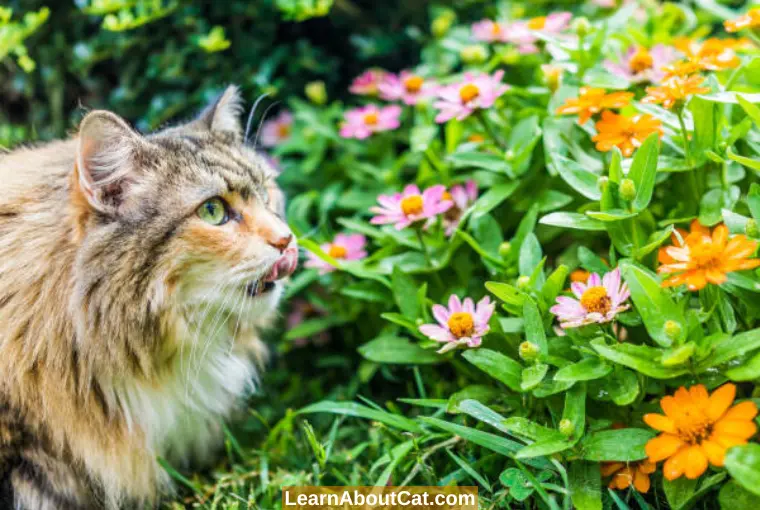
1. Keep Houseplants out of reach
The natural climbing ability of cats means that if you have house plants within reach, your cat will want to eat them. Ensure cats cannot access houseplants by placing them on high-ground shelves or cabinets.
2. Use Deterrents like Mustard and Pepper
Spray the repellent liberally over the area to coat it thoroughly. Repeat this process every two days, roughly. Pepper may be used to keep cats away from your beautiful plants.
To get the finest results, use freshly ground black pepper or, if that isn’t possible, a pepper mill, which you can get from a store. Spray your cat’s favourite plants after that.
3. Citrus-based Repellents
Cats dislike citrus fruits. One litre of boiling water with lemon or orange zest before being steeped for ten minutes and filtered. Spray the finished product all over the house when it has cooled. The process should be repeated as required.
4. Use a Plant Deterrent
Cats can be deterred from eating plants with a variety of commercial products available on the market. Chemicals present in these products prevent cats from chewing on plants because they are bitter-tasting.
5. Coffee Grinds can be used
This method is simple to use. Coffee grounds may also be used for your plants as fertiliser. Repeat as required to keep the gadget operating correctly. Throw away the grinds if they begin to mildew.
6. Utilise Aromatic substances
Natural repellents like lavender and eucalyptus essential oils might be hazardous yet incredibly effective.
7. Give them Something to Chew
Providing your cat with something else to chew on, such as a catnip toy, will help to relieve boredom and prevent dental problems.
8. Use Garlic and Onions
The scent of garlic and onion is so strong, though, that you should avoid using this method inside your home. Cats will flee if they smell them; it’s that terrible.
Frequently Asked Questions
Do cats like zinnias?
The nature and preferences of the cat will determine whether or not it likes zinnias. There aren’t many plants that cats dislike or favour, including zinnias. Growing zinnias in your house or yard may show this. Check the plant to see whether your cat is purring and exploring it. If so, zinnias are a favourite flower of your cat.
What is the most toxic flower to cats?
Lillies are the most toxic plant to cats. All varieties of Lilly Flowers, such as the Day, Easter, Tiger, Stargazer, Red, Wood, and Tiger Lilies, are among the most toxic to cats.
What flower attracts cats?
There are several attractive edible flowers cats enjoy, including zinnias, marigolds, Johnny-jump-ups, catnip, cat thyme, oat grass, rosemary, and bean sprouts.
Wrap Up!
Zinnias are a favourite among gardeners because of their attractiveness and simplicity of growth. They provide some colour to your home’s and garden’s façade.
Your cat should be okay with it as long as she doesn’t consume a large amount of the bloom at once.
Related Posts:
- Are Ferns Toxic to Cats?
- Can Cats Eat Phlox?
- Can Cats Eat Spider Plants?
- Is Christmas Cactus Toxic to Cats?
- Are ZZ Plants Toxic to Cats?
- Are Snake Plants Toxic to Cats?
- Are Snapdragons Poisonous To Cats?
- Is Peperomia Toxic To Cats?
- Are Palm Leaves Poisonous to Cats?
- Are Marigolds Poisonous To Cats?
- Are Bromeliads Poisonous To Cats?
- Is Cat Palm Safe for Cats?
Who is Isabella?
My name is Isabella, and I am a dedicated and knowledgeable cat enthusiast. With years of experience caring for cats and a deep love for felines, I made a mission to help other cat lovers navigate the challenges of cat ownership.



